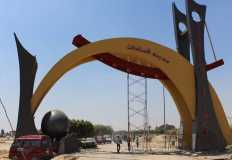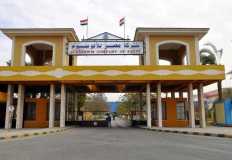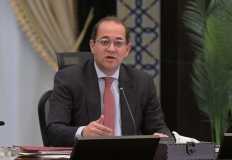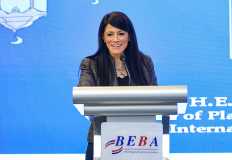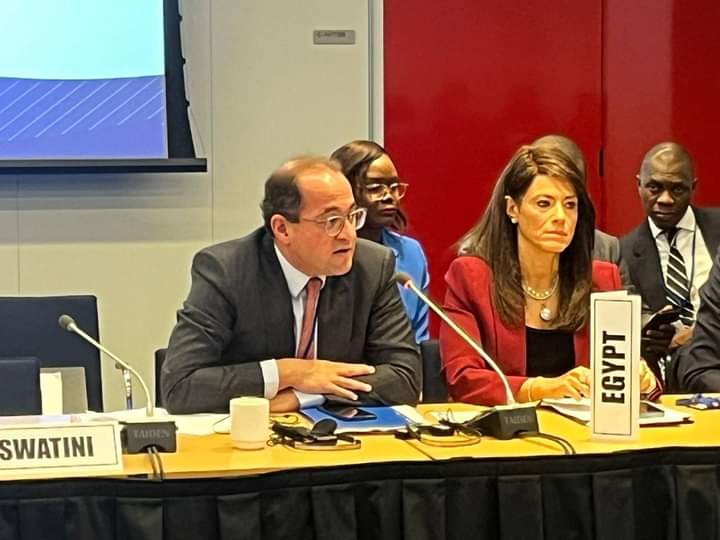
Minister of Finance, Ahmed Kouchouk, has emphasized three key priorities for strengthening Africa's financial infrastructure in the face of global challenges related to geopolitical and geo-economic tensions. These challenges have significant negative impacts on developing and emerging countries, placing immense pressure on their public finances and, consequently, their development and investment plans.
Speaking at a session titled
'Africa's Agenda for Fiscal Reform' during the annual meetings of the
International Monetary Fund and the World Bank in Washington, the Minister
added that Egypt aims to strengthen African capital markets to facilitate
cross-border investment and trade flows, expand financial inclusion, especially
in rural communities and among women and youth, and build more flexible and
targeted policies for financial stability and macroeconomic risk containment. By
achieving these objectives, Africa can improve its financial and economic
performance, boosting productivity and exports.
He stated that Egypt seeks a
resilient financial infrastructure capable of withstanding climate change,
integrating environmental and social dimensions into financial decision-making,
and promoting green investments. He also called for a more active role of
multilateral institutions in supporting Africa's development, emphasizing the
use of debt-for-investment swaps and guarantees to reduce costs.
Kouchouk highlighted the importance of African financial integration and local currency settlements to facilitate trade, promote economic diversification, and drive sustainable development. This would enhance the resilience of African economies and better meet the needs of their people.
